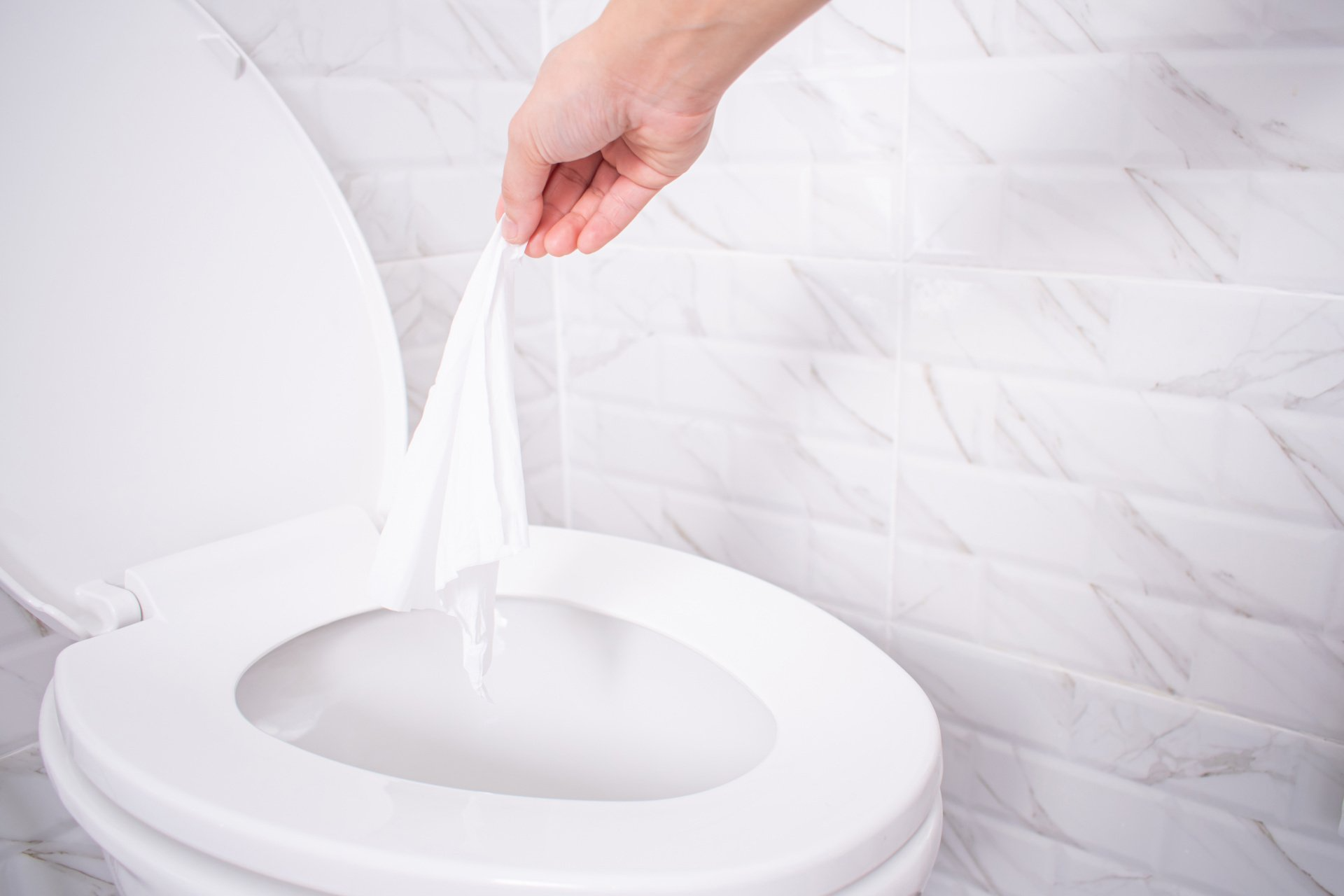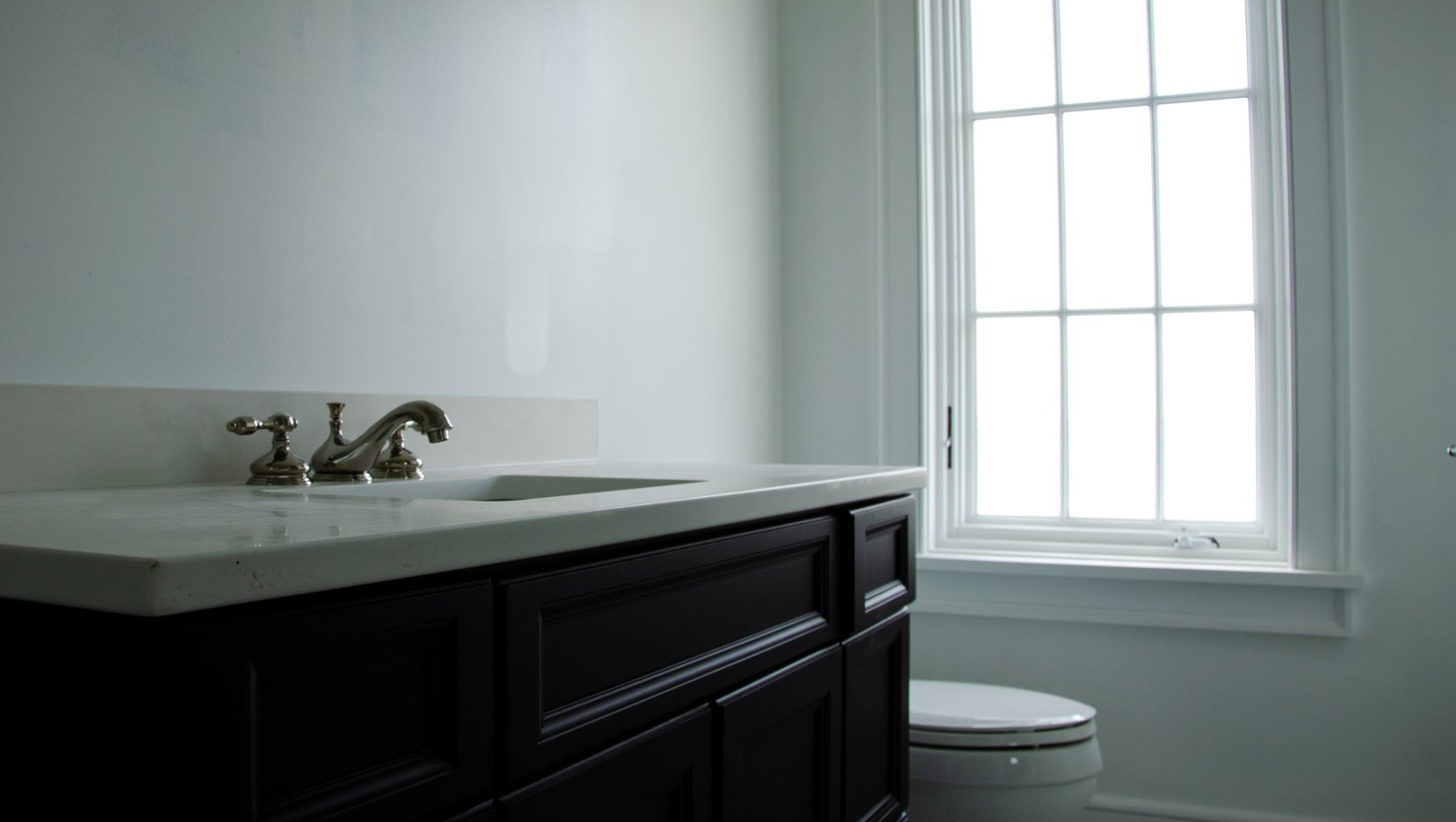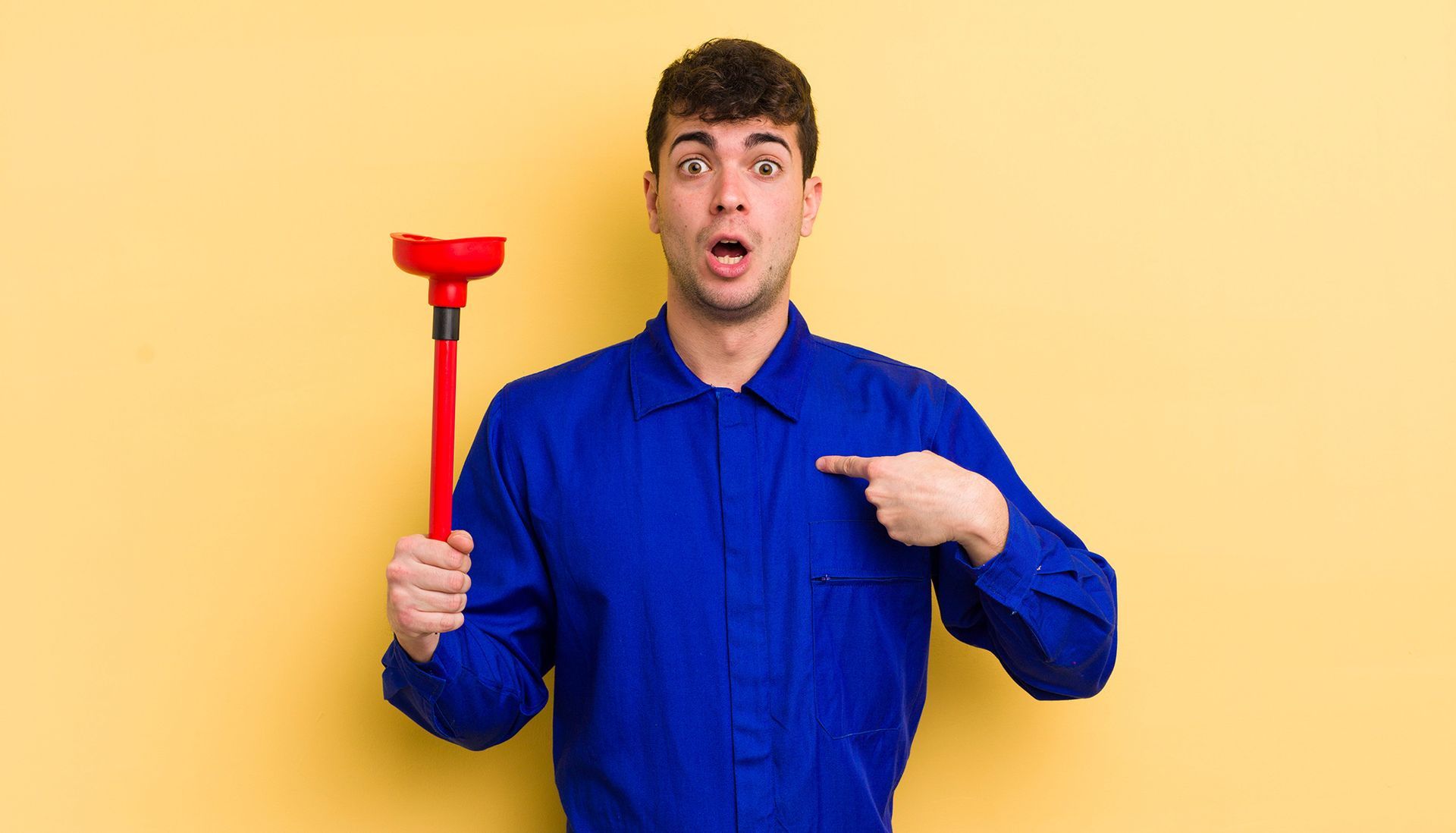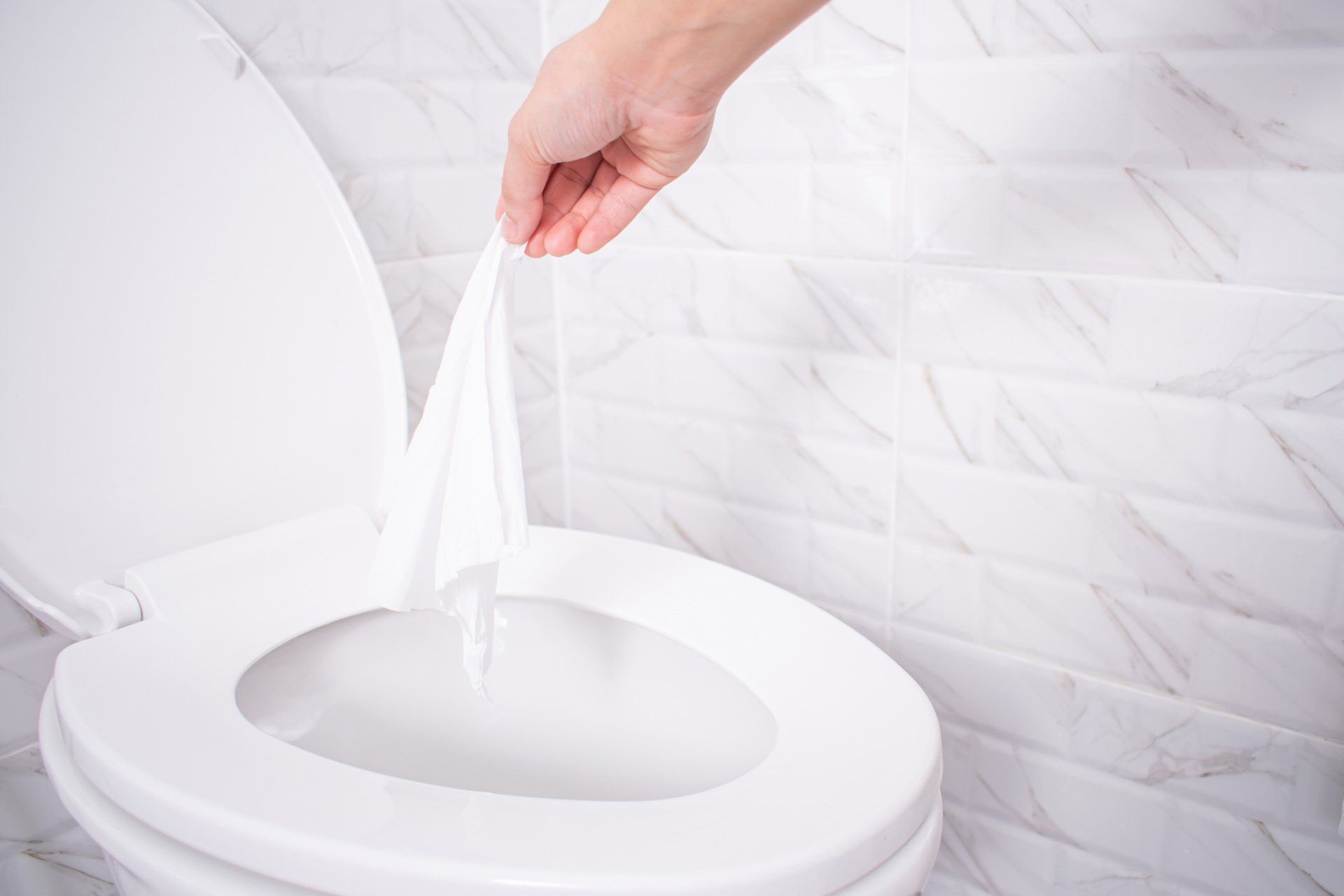Are Flushable Wipes Really Flushable?
Yet another common debate in the plumbing industry is whether or not flushable wipes are actually flushable. Well, we hate to be the bearer of bad news, but we’re here to tell you that no, flushable wipes really aren’t flushable.
Well, Why Not?!
It might be surprising, and maybe even irritating, that these so-called “flushable” wipes shouldn’t be flushed. While these wipes may make it through your plumbing system, they will end up clogging city pipes and sewers. This is because these products are often made up of synthetic materials that don’t break down in the same way that regular toilet paper does. These synthetic materials will stay in sewage systems, building up over time. When our sewers get clogged, it can result in hazardous risks for sewage professionals and costly risks for your city's pipe and sewage system.
How Are They Advertised As “Flushable,” Then?
The reason why companies are still able to advertise their products in this way is that, technically, their product can be flushed. However, this does not mean that the product will make it through the sewage system without causing any damage or blockage. As a result of this technicality, companies are not restricted from using this verbiage to market their products.

Can I Still Use Flushable Wipes?
Although they should not be flushed down the toilet, you can still use
flushable wipes. But when it’s time to dispose of them, throw them away in a trashcan rather than down the toilet. By making this small adjustment, you can reduce the amount of hazardous waste in your sewage system and prevent the incurrence of additional costs to resolve plumbing issues in your city.
So, What Can Be Flushed Down The Toilet?
The short answer is pretty much nothing other than human waste and toilet paper. Toilet paper can completely break down in the sewage system, so it doesn’t result in hazardous waste. Other than toilet paper, you really shouldn’t be flushing anything down your toilet.
Have you noticed an issue with your plumbing system recently? Are you in need of
professional help to fix it? No need to worry,
Beverly Plumbing is here for you.
Contact us today!
You might also like



